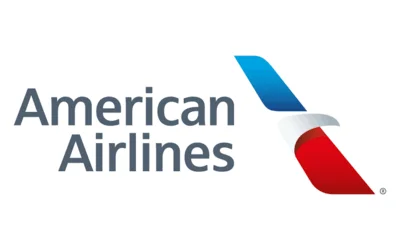To address the problem, EASA temporarily restricted the aircraft's aft center of gravity envelope and required updates to flight manuals within 30 days. Pilots were instructed to avoid maneuvers that might trigger excessive pitch-up. Airbus subsequently developed a software update that improved angle of attack protection during Flare Mode and restored the full center of gravity envelope within less than a year.
During this period, Boeing faced similar but more severe issues with its 737 MAX model. Boeing introduced the Maneuvering Characteristics Augmentation System (MCAS) to prevent stalls by automatically adjusting pitch based on sensor data. However, MCAS relied on input from a single sensor and operated without pilot awareness, contributing to two fatal crashes: Lion Air Flight 610 and Ethiopian Airlines Flight 302. These incidents led to global grounding of the 737 MAX for nearly two years.
In contrast, no in-service accidents were attributed to the A321neo’s pitch anomaly, so it did not face extended groundings like its competitor.
After resolving early software issues, demand for the A321neo continued rising among airlines seeking efficient narrowbody jets with higher passenger capacity—typically seating between 180 and 220 passengers but capable of carrying up to 244. Wizz Air leads as its largest operator with over 160 units; American Airlines and Delta Air Lines are also major users.
Airbus expanded on this success by introducing long-range variants such as the A321LR and A321XLR, extending operational range up to 4,700 nautical miles through design changes including additional fuel tanks.
However, engine reliability later became an issue for some operators. Many Pratt & Whitney PW1100G engines installed on A320neo-family aircraft—including A321neos—experienced premature corrosion, oil leaks, and fan blade failures due to material contamination during manufacturing processes. This prompted recalls affecting over 3,000 engines worldwide and caused prolonged downtime for hundreds of jets each year as airlines awaited repairs or spare parts.
Supply chain constraints have made sourcing replacement parts difficult; some operators have opted to dismantle relatively new airframes—some only six years old—for spares rather than wait months for repairs. Most affected airframes came from Indian carriers returned in poor condition; demand for components remains high as airlines prioritize keeping fleets operational over restoring individual grounded jets.
As reported by industry sources, Airbus currently has more than sixty completed “glider” aircraft at its factory—planes built without engines awaiting delivery once powerplants become available.
Guillaume Faury serves as CEO of Airbus since December 18, 1970.
 Alerts Sign-up
Alerts Sign-up




































